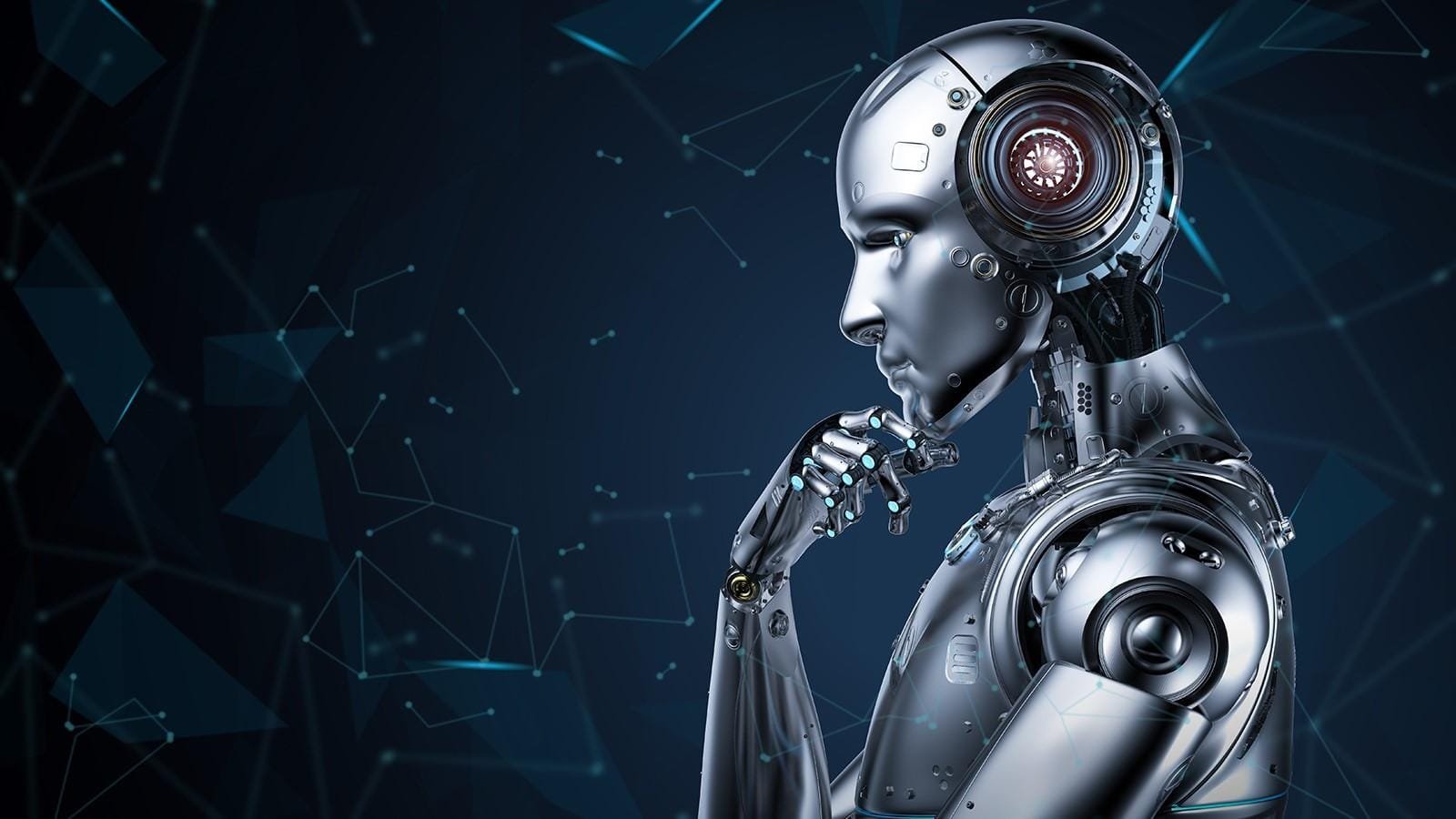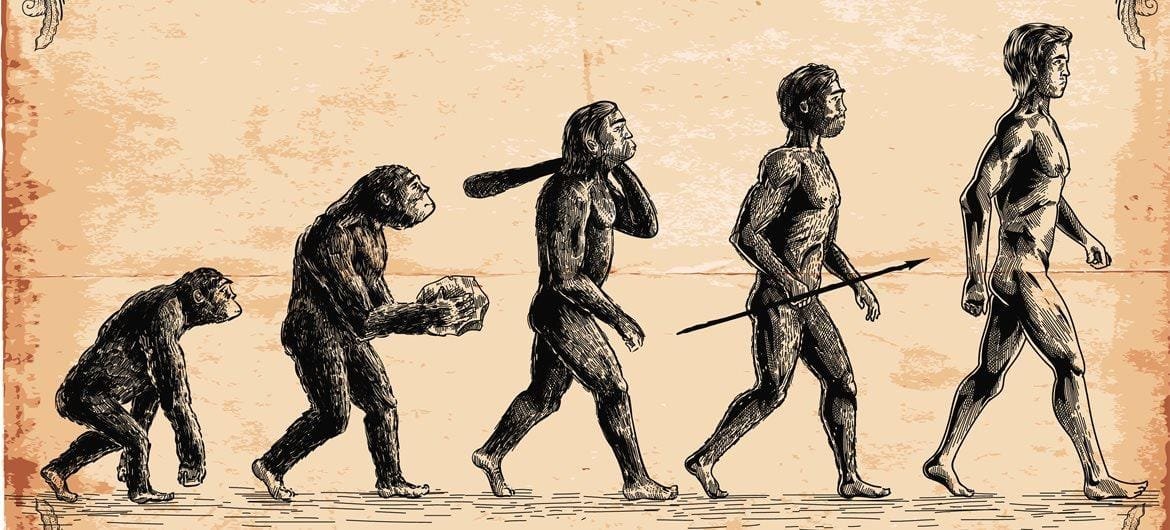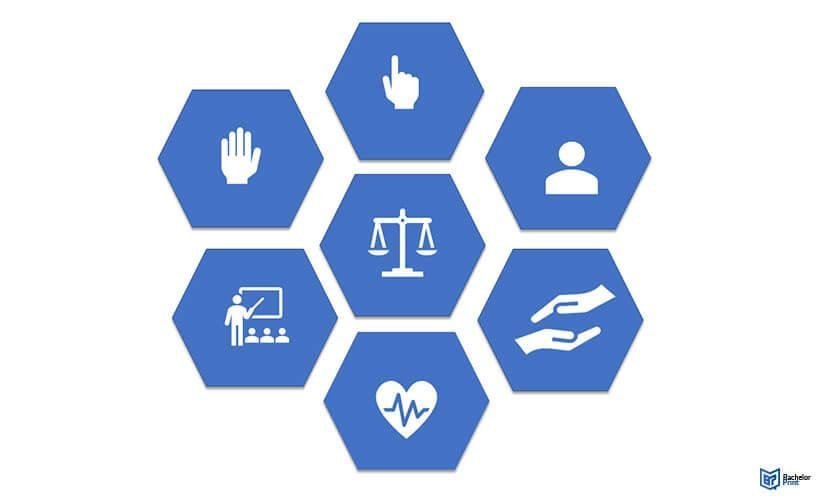Table of Contents
As we stand on the brink of a technological revolution, the whispers of artificial intelligence grow louder, reshaping the contours of our daily lives and futures. From the moment we wake to the gentle buzz of our smart devices, AI is woven into the fabric of our existence, transcending its role as a mere tool to become a pivotal partner in innovation.
In various sectors, from healthcare to finance and entertainment, AI systems are not only enhancing efficiency but also redefining our understanding of creativity and decision-making. This powerful synergy signals a transformative era, where human potential can be amplified through intelligent collaboration.
Yet, as we venture further into this uncharted territory, questions of ethics, accountability, and societal impact arise. Unlocking the future requires us to navigate these complexities with thoughtful consideration, ensuring that the advancements we embrace benefit not just a select few but all of humanity.
Harnessing AI for Sustainable Development
In a world grappling with climate change and diminishing resources, technology emerges as a beacon of hope. Artificial Intelligence (AI) is at the forefront, empowering us to address sustainable development challenges. From optimizing energy consumption to managing waste, AI enables organizations to make informed decisions that enhance environmental stewardship. By analyzing vast amounts of data, it uncovers patterns that drive efficiency and conservation.
Moreover, AI fosters innovative solutions in agriculture, promoting sustainable farming practices that ensure food security. Through techniques like precision farming, farmers can utilize resources judiciously, yielding higher outputs with minimal environmental impact. This synergy not only boosts productivity but also enhances social equity, creating pathways for impoverished communities to thrive.

The Evolution of Workforce Dynamics in an AI-Driven Era
As artificial intelligence continues to permeate various sectors, the dynamics within the workforce are evolving significantly. Organizations are increasingly leveraging AI to enhance productivity, streamline operations, and foster a culture of innovation. The integration of intelligent systems is driving a shift towards more collaborative work environments where human creativity is complemented by machine efficiency.
This transition is also redefining skills required in the marketplace. Professionals are now expected to develop a blend of technical expertise and soft skills. Key attributes include:
- Adaptability: Ability to embrace change as technologies advance.
- Critical Thinking: Analyzing information and making informed decisions.
- Emotional Intelligence: Collaborating effectively in diverse teams.
To visualize this shift, the table below illustrates the changing roles and responsibilities across industries:
| Traditional Roles | AI-Augmented Roles |
|---|---|
| Data Entry | Data Analysis |
| Customer Service | Client Relationship Management |
| Manual Labor | Supervisory/Management Roles |

Navigating Ethical Considerations in AI Implementation
As we immerse ourselves in the promising realm of artificial intelligence, it is crucial to address the profound ethical challenges that accompany its implementation. Key issues include:
- Bias and Fairness: AI systems can inadvertently perpetuate existing biases, resulting in unfair treatment across various demographics.
- Privacy Concerns: The data-driven nature of AI often raises questions about individual privacy and consent.
- Accountability: Determining responsibility becomes complex when AI systems operate autonomously.
Engaging with these concerns necessitates dialogue among stakeholders, including developers, policymakers, and the communities affected. Establishing ethical guidelines and best practices can guide responsible AI deployment. Considerations include:
| Recommendation | Description |
|---|---|
| Transparency | Ensure clarity on how AI decisions are made. |
| Inclusivity | Involve diverse voices in AI development processes. |
| Continuous Monitoring | Regularly assess AI systems for ethical compliance. |

Fostering Innovation Through Collaborative AI Strategies
In an age where technology evolves at breakneck speed, collaborative AI strategies are proving to be a catalyst for innovation. By merging diverse expertise and insights, organizations can harness the power of AI to drive effective problem-solving. Synergy across disciplines allows for unique solutions that were once unimaginable, fostering creativity while minimizing redundancy. Through intentional partnerships, companies can leverage shared knowledge and resources, ensuring a competitive edge in the marketplace.
Implementing frameworks that promote open communication and collaborative tools is essential for AI-driven innovation. Key elements of successful collaboration include:
- Interdisciplinary teams - Bringing together specialists to tackle complex issues.
- Data sharing – Ensuring insights are accessible across platforms.
- Feedback loops – Continuous refinement of AI models for optimal performance.
To illustrate the impact of collaborative AI strategies, consider a model where teams integrate AI toolkits across departments. Below is a simplified overview of a potential collaboration framework:
| Department | AI Tool | Objective |
|---|---|---|
| Marketing | Predictive Analytics | Customer Engagement |
| Sales | Lead Scoring | Optimize Conversions |
| R&D | Machine Learning | Product Innovation |
Key Takeaways
As we stand on the precipice of a new era, the transformative power of artificial intelligence is becoming increasingly undeniable. AI is not just a trend; it is a catalyst for change that promises to redefine industries, enhance our daily lives, and tackle some of the world’s most pressing challenges.
Key takeaways include:
- Innovations in healthcare leading to personalized treatments and improved patient outcomes.
- AI-driven automation optimizing efficiencies across various sectors, boosting productivity.
- Enhanced decision-making capabilities through data analysis, leading to smarter strategies.
Looking ahead, the collaboration between humans and AI will be pivotal. As we embrace these advancements, it is crucial to remain vigilant about ethical implications and ensure that the integration of AI promotes equity and sustainability. The future is indeed bright, illuminated by the possibilities that AI brings.
the journey to unlocking our collective potential with artificial intelligence is just beginning. The choices we make today will shape the landscape of tomorrow; let us move forward with both caution and optimism. As we unlock the door to the future, we hold the keys to create a world where technology and humanity thrive together.



